- Have any questions?
- +86-189 8930 5995
- sales@mosinterchem.com.cn
Sunitinib CAS 557795-19-4

Sorafenib tosylate CAS 475207-59-1
14/12/2018
Selumetinib CAS 606143-52-6
14/12/2018| Model: | MOS 557795-19-4 |
| Place of Origin: | Shandong,China (Mainland) |
| Brand: | MOSINTER |
| Molecular Formula: | C26H31FN4O6 |
| Specification: | CP/USP/EP |
| Molecular Weight: | 514.55 |
| Melting point: | 189-191°C |
Sunitinib ( CAS: 557795-19-4 )
| Item | Index |
| Molecular Formula | C26H31FN4O6 |
| Molecular Weight | 514.55 |
| Specification | CP/USP/EP |
| Melting point | 189-191°C |
Sunitinib (marketed as Sutent by Pfizer, and previously known as SU11248)
is an oral, small-molecule, multi-targeted receptor tyrosine kinase(RTK) inhibitor
that was approved by the FDA for the treatment of renal cell carcinoma (RCC) and
imatinib-resistant gastrointestinal stromal tumor(GIST) on January 26, 2006. Sunitinib
was the first cancer drug simultaneously approved for two different indications.
Mechanism of action
Sunitinib inhibits cellular signaling by targeting multiple receptor tyrosine kinases (RTKs).
These include all receptors for platelet-derived growth factor (PDGF-Rs) and vascular
endothelial growth factor receptors (VEGFRs), which play a role in both tumor angiogenesis
and tumor cell proliferation. The simultaneous inhibition of these targets therefore leads to
both reduced tumor vascularization and cancer cell death, and ultimately tumor shrinkage.
Sunitinib also inhibits KIT (CD117), the RTK that (when improperly activated by mutation)
drives the majority of gastrointestinal stromal cell tumors. It has been recommended as a
second-line therapy for patients whose tumors develop mutations in KIT that make them
resistant to imatinib, or who become intolerant to the drug.
In addition, sunitinib inhibits other RTKs. These include the following:
-
- RET
- CSF-1R
- flt3
The fact that sunitinib targets many different receptors, leads to many of its side effects
such as the classic hand-foot syndrome, stomatitis, and other dermatologic toxicities.
Indications
Gastrointestinal stromal tumor
Like RCC, GIST does not generally respond to standard chemotherapy or radiation.
Imatinib was the first cancer agent proven effective for metastatic GIST and represented
a major development in the treatment of this rare but challenging disease. However,
approximately 20% of patients do not respond to imatinib (early or primary resistance),
and among those who do respond initially, 50% develop secondary imatinib resistance
and disease progression within two years. Prior to sunitinib, patients had no therapeutic
option once they became resistant to imatinib.
Sunitinib offers patients with imatinib-resistant GIST a new treatment option to stop further
disease progression and, in some cases, even reverse it. This was shown in a large, Phase
III clinical trial in which patients who failed imatinib therapy (due to primary resistance,
secondary resistance, or intolerance) were treated in a randomized and blinded fashion
with either sunitinib or placebo.
The study was unblinded early, at the very first interim analysis, due to the clearly emerging
benefit of sunitinib. At that time, patients receiving placebo were offered to switch over to
sunitinib. In the primary endpoint of this study, median time to tumor progression (TTP) was
more than four-fold longer with sunitinib (27 weeks) compared with placebo (six weeks, P<.0001).
These are based on the assessments of an independent radiology lab assessment. The benefit of
sunitinib remained statistically significant when stratified for a multitude of prespecified baseline factors.
Among the secondary endpoints, the difference in progression-free survival (PFS) was similar to
that in TTP (24 weeks vs six weeks, P<.0001). Seven percent of sunitinib patients had significant
tumor shrinkage (objective response) compared with 0% of placebo patients (P=.006). Another
58% of sunitinib patients had disease stabilization vs. 48% of patients receiving placebo. The median
time to response with sunitinib was 10.4 weeks. Sunitinib reduced the relative risk of disease progression
or death by 67%, and the risk of death alone by 51%. The difference in survival benefit may be diluted
because placebo patients crossed over to sunitinib upon disease progression, and most of these patients
subsequently responded to sunitinib.
Sunitinib was relatively well tolerated. About 83% of sunitinib patients experienced a treatment-related
adverse event of any severity, as did 59% of patients who received placebo. Serious adverse events were
reported in 20% of sunitinib patients and 5% of placebo patients. Adverse events were generally moderate
and easily managed by dose reduction, dose interruption, or other treatment. Nine percent of sunitinib
patients and 8% of placebo patients discontinued therapy due to an adverse event.
Fatigue is the adverse event most commonly associated with sunitinib therapy. In this study, 34% of
sunitinib patients reported any grade of fatigue, compared with 22% for placebo. The incidence of
grade 3 (severe) fatigue was similar between the two groups, and no grade 4 fatigue was reported.
You must be logged in to post a review.
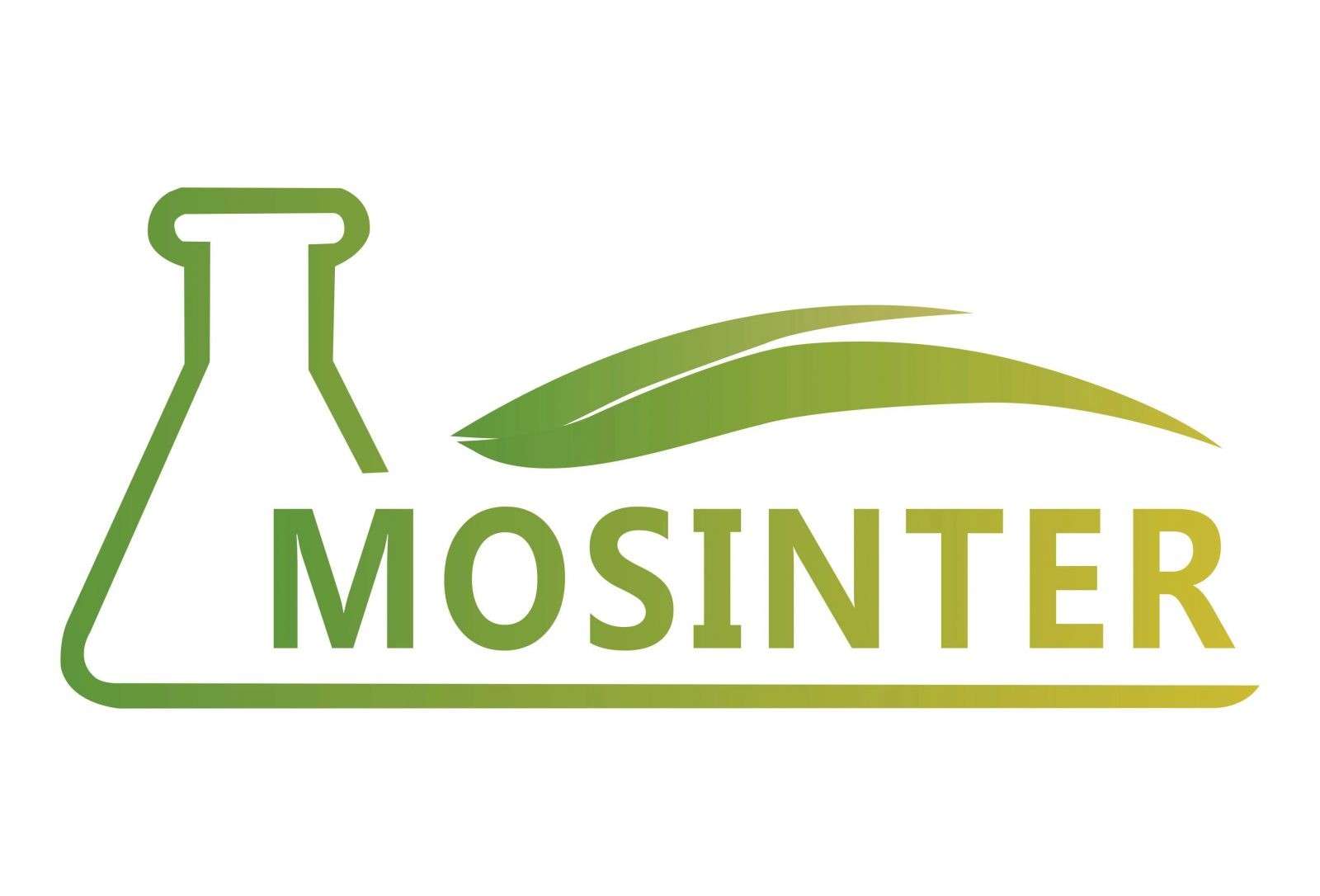
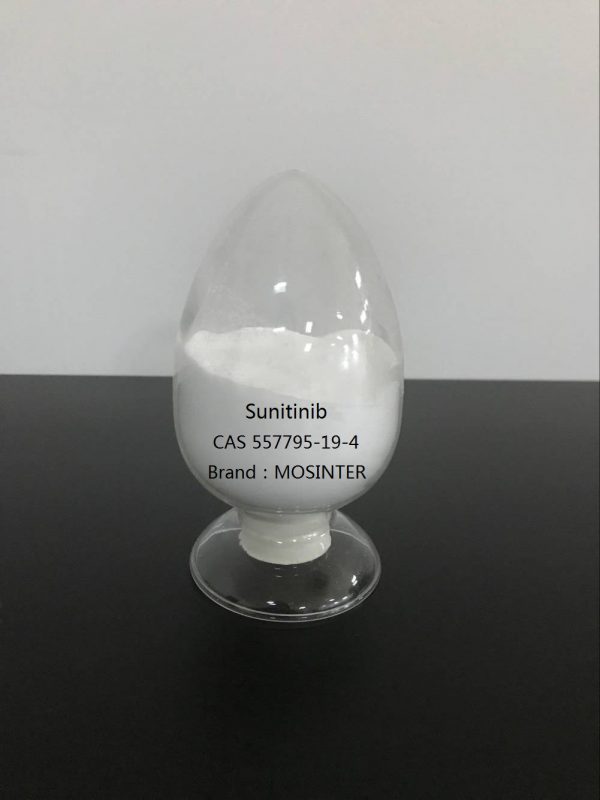
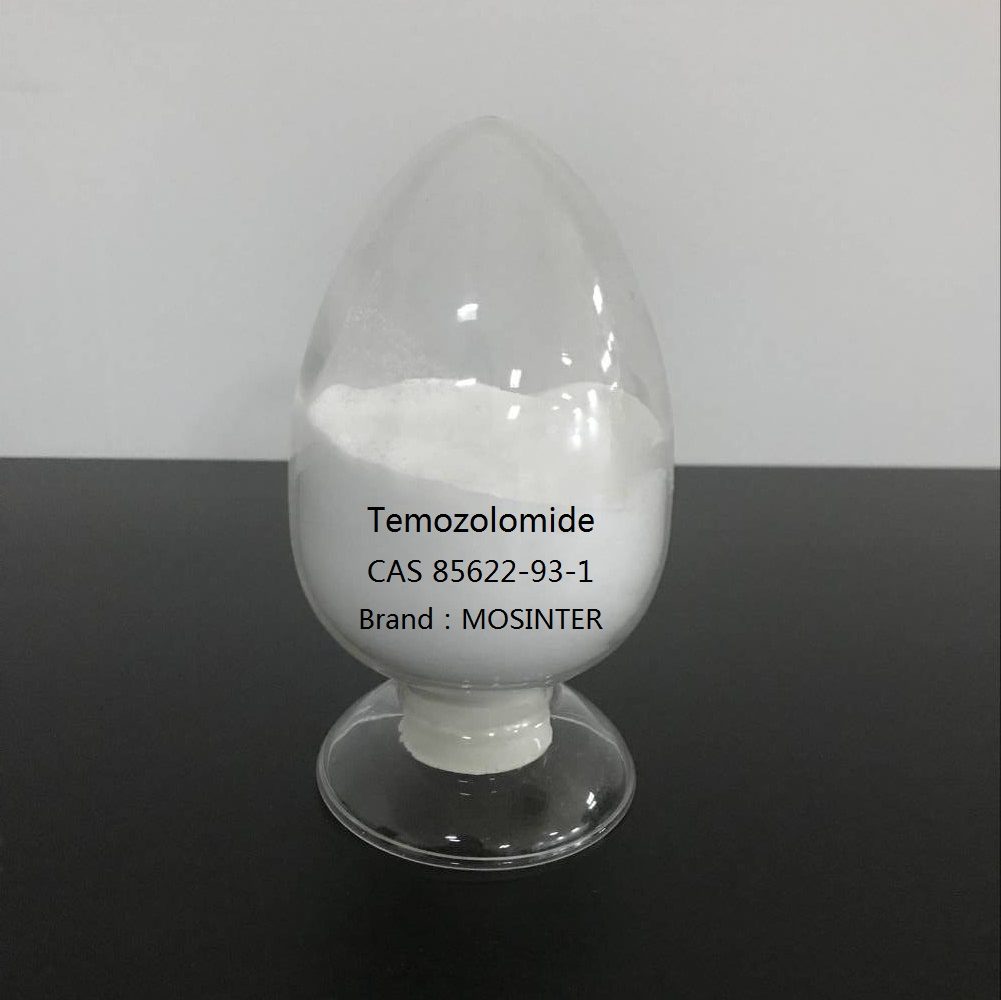
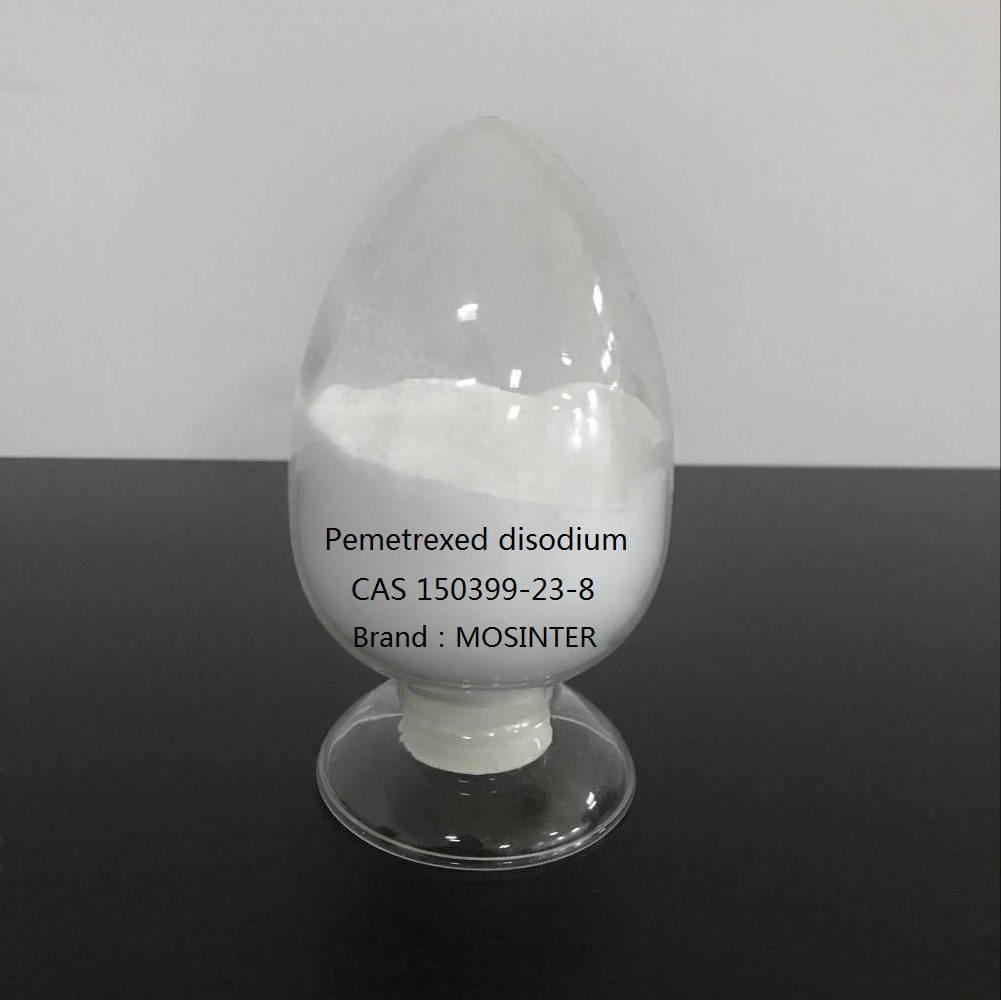
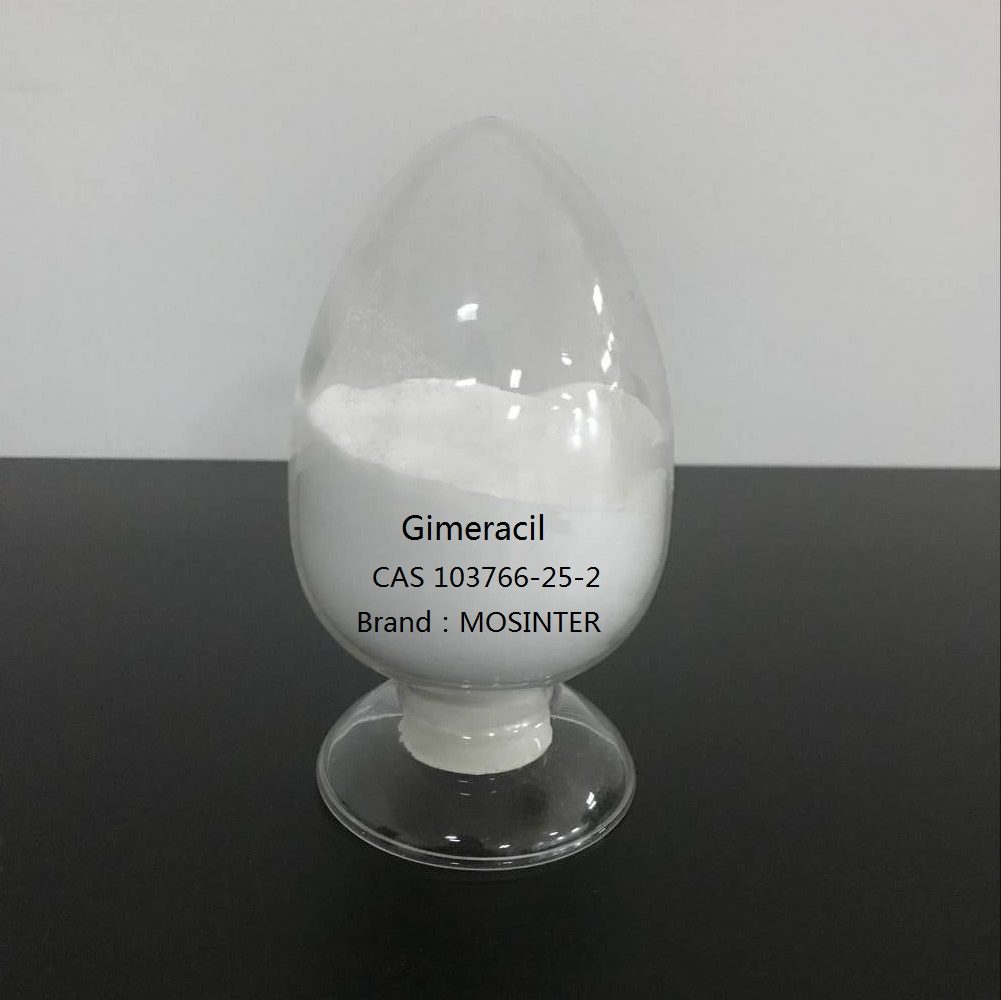
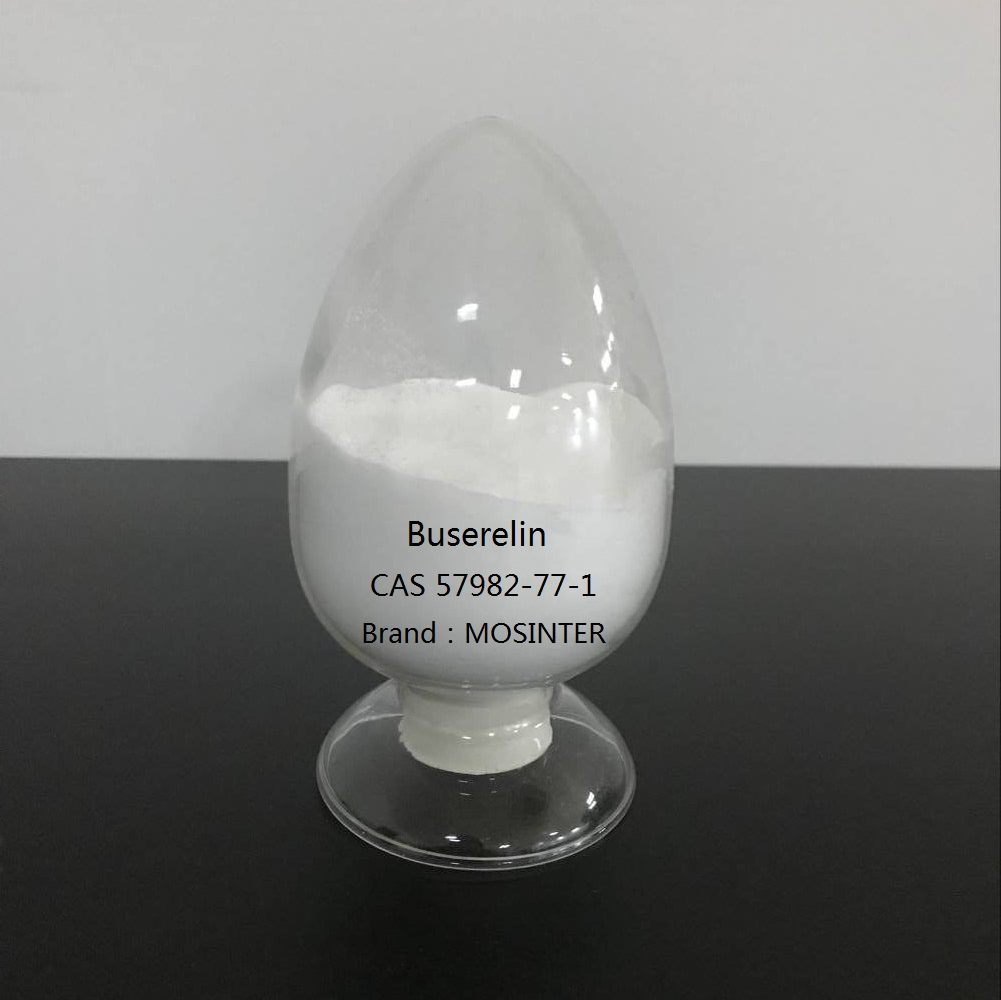
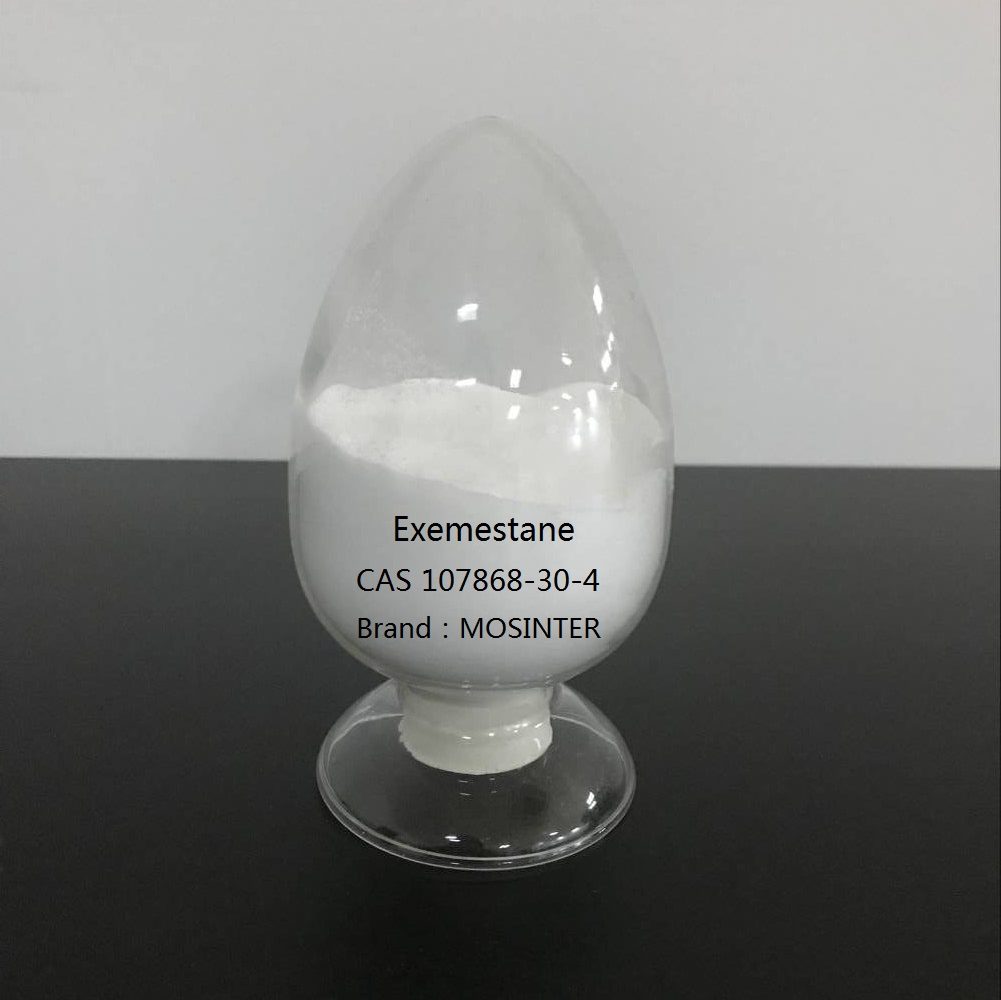
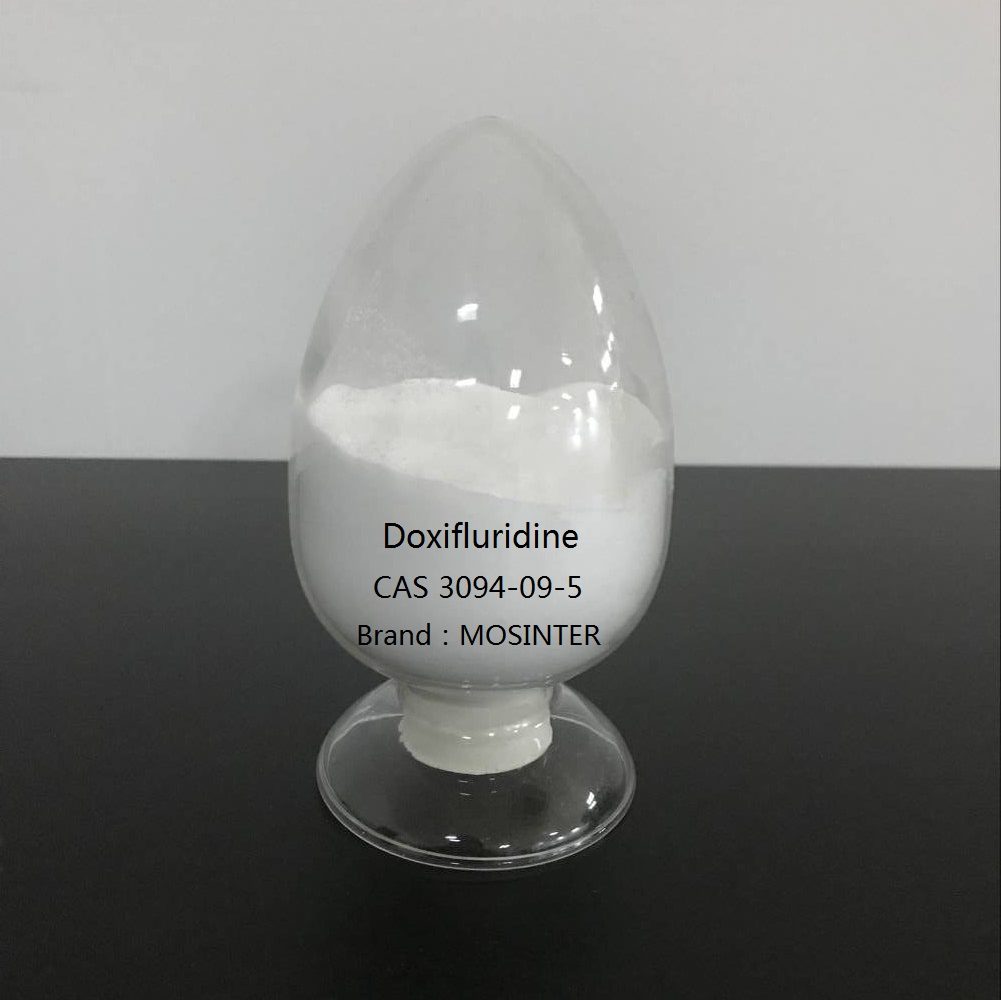
Reviews
There are no reviews yet.